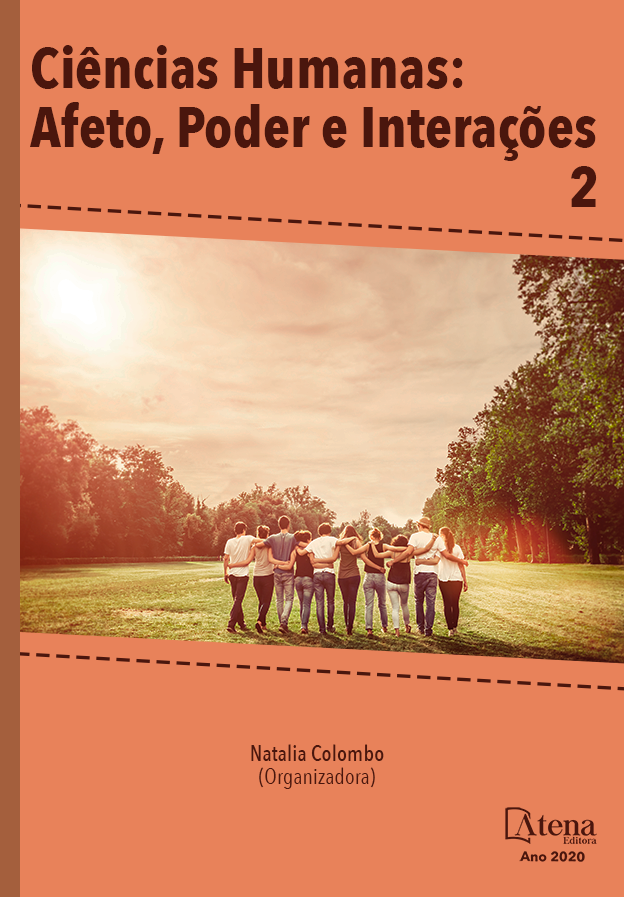
DISTINÇÕES, RELAÇÕES E IMPLICAÇÕES NA PRODUÇÃO DO CONHECIMENTO POR MEIO DA PESQUISA INTERDISCIPLINAR
O artigo visa conhecer o processo de desenvolvimento da Teoria Histórico-Cultural a partir dos estudos de Vigotsky e seus colaboradores, bem como conhecer os conceitos que embasam tal teoria, principalmente na pesquisa em Educação no Brasil e, em especial, na região Amazônica. Apresenta análise em Leontiev sobre o desenvolvimento do psiquismo e enfatiza que em Karl Marx, fundador do socialismo científico, o homem é concebido como um ser social, provido de relações com o mundo através de seus órgãos individuais que são imediatamente órgãos sociais. Como desafio, o estudo nos remete ao homem e a cultura e, no eixo homem histórico-social, destaca a função da escola como instituição social e os efeitos de suas relações numa sociedade mais desigual, o que implica em rever a práxis docente e a função social da escola e o que nos revela de contraditório. Assim, compreender o desenvolvimento humano a partir do marxismo é ver-se capaz de eliminar abstrações e construir ações concretas seguindo o método da compreensão dos fenômenos, devidamente destituídos do campo imaginário, e (res) significado nas mais variadas necessidades que o homem tem de intervir e modificá-lo, seguindo o movimento da ação dialética sobre o desconhecido à medida que o fenômeno se torne uma interpretação concreta do que ele é. As conclusões do estudo mostram que o processo das vivências de cada pessoa confirma o que compõe a sua personalidade e estas experiências é que darão sentido aos significados sociais do que extrai de suas particularizações e internalizações de tais significados.
DISTINÇÕES, RELAÇÕES E IMPLICAÇÕES NA PRODUÇÃO DO CONHECIMENTO POR MEIO DA PESQUISA INTERDISCIPLINAR
-
DOI: 0010.22533/at.ed.5422008102
-
Palavras-chave: Teoria histórico-cultural; Marxismo; Desenvolvimento humano; Região amazônica.
-
Keywords: Historical-cultural theory; Marxism; Human development; Amazon region.
-
Abstract:
The article aims to understand the process of development of the Historical-Cultural Theory from the studies of Vigotsky and his collaborators, as well as to understand the concepts that support this theory, mainly in research in Education in Brazil and, especially, in the Amazon region. It presents Leontiev's analysis of the development of the psyche and emphasizes that in Karl Marx, founder of scientific socialism, the man is conceived as a social being, provided with relations with the world through his individual organs that are immediately social organs. As a challenge, the study refers us to man and culture and, in the man historical-social axis, highlights the role of the school as a social institution and the effects of its relations in a more unequal society, which implies revising the teaching praxis and the school's social function and what it reveals to us as contradictory. Thus, understanding human development based on Marxism means seeing oneself capable of eliminating abstractions and constructing concrete actions following the method of understanding phenomena, properly devoid of the imaginary field, and (re) meaning in the most varied needs that man has to intervene and modify it, following the movement of dialectical action on the unknown as the phenomenon becomes a concrete interpretation of what it is. The study's conclusions show that the process of each person's experiences confirms what makes up their personality and these experiences are what will give sense to social meanings from what they extract from their particularizations and internalizations of such meanings.
-
Número de páginas: 12
- Maria Rita Santos da Silva
- Elenize Cristina Oliveira da Silva
- Jocélia Barbosa Nogueira


